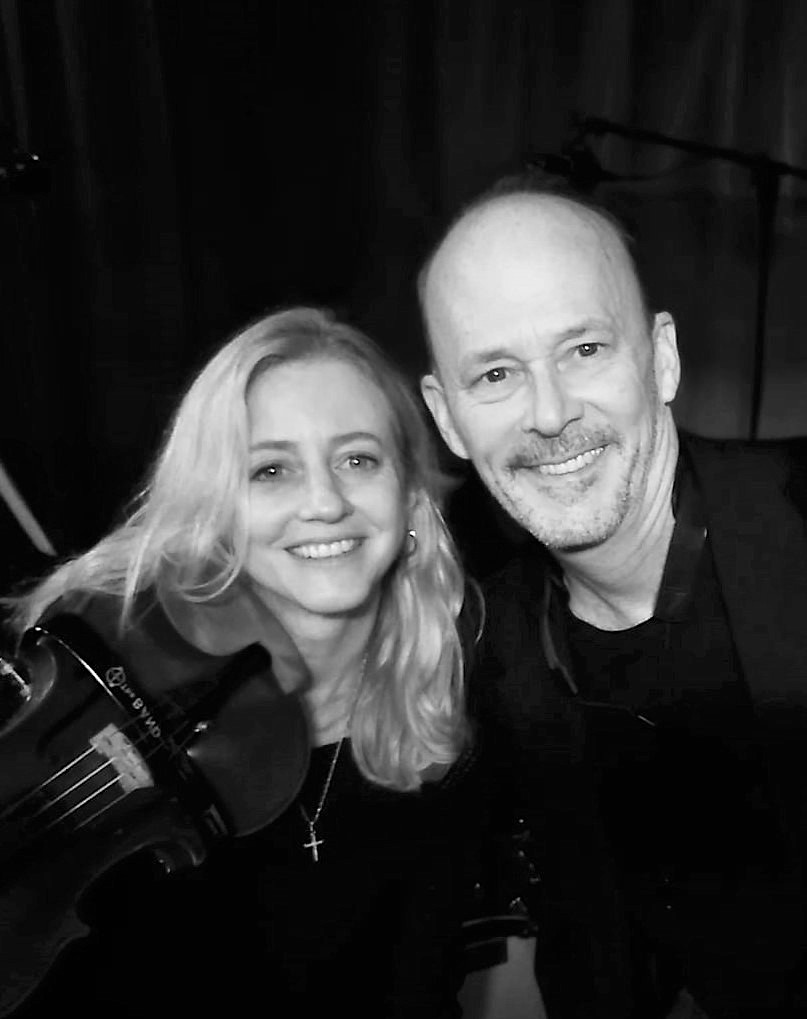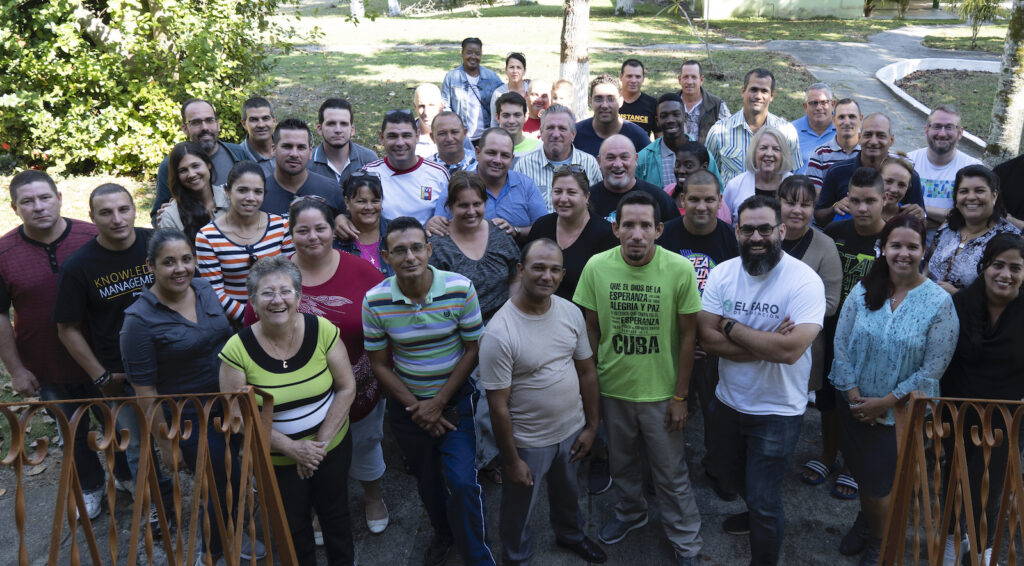Just one hour after I was dancing on stage in front of an audience of 2,400 with a live orchestra, I found myself alone, sitting on my bed in my apartment. I wanted to feel that after-performance high; I wanted to enjoy the fulfillment of something I had spent two decades training for. Securing an entry-level contract at a prestigious ballet company, excelling in one of the most fiercely competitive industries in the world, was all that I wanted for as long as I could remember.
But something wasn’t right.
Classical ballet is founded upon a basis of very specific technical perfection. Rules and confines are paramount. They set the parameters into which all artistic expression follows. The underlying creed in the ballet world is to constantly strive for perfection, even though we know we will never achieve it.
That night, alone on my bed, the question, “What is all of this for?” would not let me go. As a reflex, the response I repeated to myself was a deflection to the question, a mantra that had motivated me for so long, and one that I frequently used to self-soothe or self-motivate: “You do this because you love it.”
We’ve all heard the line, “Do what you love and you’ll never work a day in your life.” But that sentiment still did not answer my question.
I saw that purely following what I “loved” had led me down a dizzyingly circuitous path of creating a career for myself rooted in myself — how good I was, how dedicated I was, how hard I was willing to work. In essence, my job was me.
The addiction to praise and approval is powerful. It temporarily fills the unmistakable need for an identity that is unique to us, an existence that is validated by others. It is an enticing drug, a fuel to feed the gnawing hunger inside that only Christ can truly satisfy. A quest for human approval always ultimately leads to a dead end. It can be a great motivator, but it is ultimately such a temporary fix.
I realized that night that my dancing would not be there for me in the end. When it was all over, it would be totally over.
When I left the ballet world, I was an adult with only a high school diploma. All I was sure of was that I wanted a hands-on job helping people, and clearly, I was good at being on my feet. As a dancer I was trained to be precise, detail-oriented, with a strong work ethic — all of which would prove to be great preparation for nursing. It was not the first time God had led me from the familiar towards the unfamiliar, and I knew he was trustworthy. I moved back home to New York City, was promptly accepted into nursing school, and began my classes last fall.
Years ago, when I was a student at the Joffrey Ballet School, I was dealing with a slew of injuries that sidelined me for the majority of my training year. The expectation was that I was still to come to school every day to help teach other dancers my roles and observe rehearsals from a metal folding chair. I longed to be up dancing, and was now left to simply sit and watch, day after day. Suddenly I couldn’t do the thing that I loved and had been working so hard for. Over a cup of coffee in the West Village I shared my struggles with my friend, Michael Keller. His response has stayed with me since. “Well, it’s time to find out who you are in a folding chair.”
For everyone in the world, this pandemic is truly a watershed moment–or in my case, a folding chair moment. This global crisis is forcing us to see what we have left to hold onto. We see what has meaning in our lives as careers are put on pause, social circles are disbanded, and usual conveniences are literally and figuratively out of stock. The space that has been cleared now gives us the clarity to see what is left when everything around us is canceled, postponed, delayed or simply gone. God is showing us the things we falsely relied upon for so long. We cannot continue to do as we have done before. When we are met with the fragility of earthly things of which we once were so sure of, we feel our vulnerability and can see how easily distracted we have become from things of eternal value.
Looking back on my time as a dancer, I see a paradigm of perspective unique to being a follower of Jesus. I most glorified God not on my best dancing day or while performing onstage to a packed theatre—but instead while sitting in the folding chair. I sat there without any of my shiny adornments of physical abilities or career accomplishments that I thought proved my worth to myself or to the world. Sitting alone in the chair, unable to dance, I was still a woman known to God, created in the image of God, for the glory of God. That is what gives me inherent worth of far greater eternal value than what I could ever do in pointe shoes. All I had to offer was who Jesus made me to be, and it had nothing to do with my own abilities.
The lessons to be learned watching from the perspective of the folding chair are ones that show us who we are and in what we trust. Just doing what we love will not fulfill us, it will not satisfy us, and it certainly cannot save us. Our greatest earthly doing and any job or career success will not be there for us in the end. We see the lack of return value in the worldly things in which we so easily trust.
Jesus is our one sure security and true foundation. He is trustworthy. He is faithful. Come the storms of life or a pandemic, an identity wholly rooted in Christ’s finished and perfect work remains. It is the only one that will surely stand while we sit in a metal folding chair.
The day I become a nurse I won’t have to wonder what it’s all for. I’ll already know.
Cast your deadly “doing” down—
Down at Jesus’ feet;
Stand in Him, in Him alone,
Gloriously complete.
– “It is Finished!” by James Proctor
A version of this article was first published by the New York Daily News on April 15, 2020.




